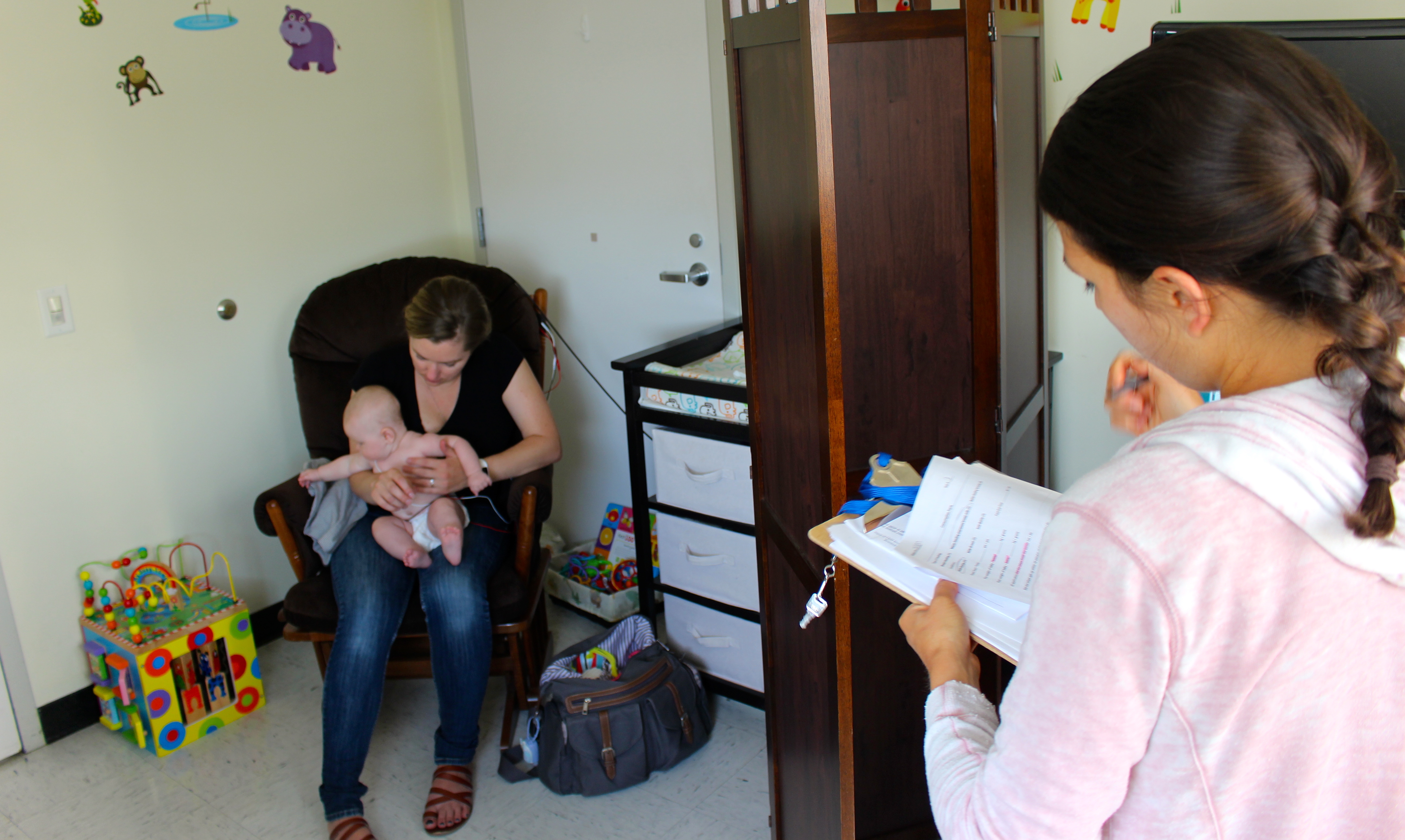Center Status Enables STRIDE to Expand Its Impact
March 2014
On March 24, following a unanimous vote of the Academic Senate, Cal Poly President Jeffrey Armstrong approved a proposal to establish the Center for Solutions Through Research in Diet and Exercise (STRIDE). Since 2007, STRIDE, whose mission is to advance knowledge and practice in obesity prevention and treatment, had been a program in the Kinesiology Department.
“This transition has been in the making since STRIDE’s inception. It's the product of the hard work of many individuals throughout the years,” said STRIDE Director Aydin Nazmi, a professor in the Food Science & Nutrition Department. The center's day-to-day operations will not change substantially, according to Nazmi.
“STRIDE started as an idea and now is a center with more than $10 million of NIH-funded research that engages hundreds of students annually,” said Kinesiology Department Chair Kevin Taylor.
STRIDE’s ties to the Kinesiology Department remain strong, and the center's work now includes students and faculty from kinesiology, nutrition, landscape architecture, agricultural economics, business, city and regional planning, journalism, statistics, computer science, graphic communications and engineering, among other disciplines.
“The overweight and obesity epidemic is a unified health problem. STRIDE provides a cohesive way for faculty from throughout the university to come together as they pursue a common goal," said Kinesiology Professor Kris Jankovitz, one of the center's founders. "STRIDE also provides opportunities for student involvement, which embodies Cal Poly’s Learn by Doing philosophy and provides opportunities for the application of our research.”
As a center, STRIDE will be able to pursue external funding from a broader range of sources, which will increase the long-term sustainability of its programs. “This transition shows that there is both external and internal support for the work STRIDE does," said Suzanne Phelan, a kinesiology professor who runs multiple National Institutes of Health-supported research projects.
“Our status as a center simply provides even more compelling reasons for collaborators, partners and funding agencies to work with us for greater impact,” said Nazmi. The STRIDE team looks forward to working with community partners to take advantage of the new opportunities center status may create.



